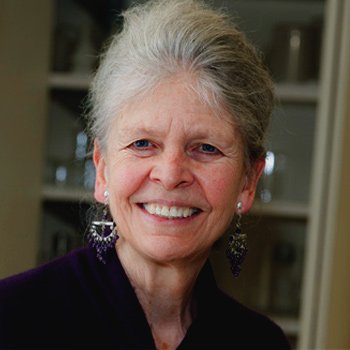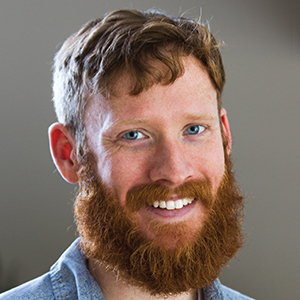Steitz wins Lasker lifetime achievement award
The Albert and Mary Lasker Foundation announced today the recipients of the 2018 Lasker Awards. Among the four recipients was Joan Steitz, a professor of biophysics and biochemistry at Yale University, a Howard Hughes Medical Institute investigators and a member of the American Society for Biochemistry and Molecular Biology.
 Joan SteitzAlbert and Mary Lasker Foundation
Joan SteitzAlbert and Mary Lasker Foundation
Steitz won the Lasker-Koshland Special Achievement Award in Medical Science “for four decades of leadership in biomedical science — exemplified by pioneering discoveries in RNA biology, generous mentorship of budding scientists, and vigorous and passionate support of women in science,” according to a news release from the foundation.
Over her pioneering career in RNA biology, for which she won the ASBMB’s Herbert Tabor Research Award in 2015, Steitz has been known as a generous mentor to young scientists and an ardent voice for inclusion in the scientific community. (Watch her Tabor award lecture here.)
Steitz, a former member of the ASBMB Council and a past winner of the society’s Lipmann lectureship, will accept her Lasker award Sept. 24.
The other 2018 Lasker winners were:
- David Allis and Michael Grunstein, who won the Basic Medical Research Award for their studies of histone modifications and gene expression. (Allis was an ASBMB annual meeting plenary lecturer in 2015. Watch his lecture here. Also, see this ASBMB Today story about diffuse intrinsic pontine glioma, or DIPG, a deadly pediatric brain cancer. Allis is quoted.)
- John B. Glen, who won the Clinical Research Award for the discovery and development of the anesthetic propofol.
Enjoy reading ASBMB Today?
Become a member to receive the print edition four times a year and the digital edition monthly.
Learn moreGet the latest from ASBMB Today
Enter your email address, and we’ll send you a weekly email with recent articles, interviews and more.
Latest in People
People highlights or most popular articles

Building a career in nutrition across continents
Driven by past women in science, Kazi Sarjana Safain left Bangladesh and pursued a scientific career in the U.S.

Kiessling wins glycobiology award
She was honored by the Society for Glycobiology for her work on protein–glycan interactions.

2026 ASBMB election results
Meet the new Council members and Nominating Committee member.

Simcox wins SACNAS mentorship award
She was recognized for her sustained excellence in mentorship and was honored at SACNAS’ 2025 National Conference.

From humble beginnings to unlocking lysosomal secrets
Monther Abu–Remaileh will receive the ASBMB’s 2026 Walter A. Shaw Young Investigator Award in Lipid Research at the ASBMB Annual Meeting, March 7-10 in Washington, D.C.

Chemistry meets biology to thwart parasites
Margaret Phillips will receive the Alice and C. C. Wang Award in Molecular Parasitology at the ASBMB Annual Meeting, March 7-10 in Washington, D.C.

